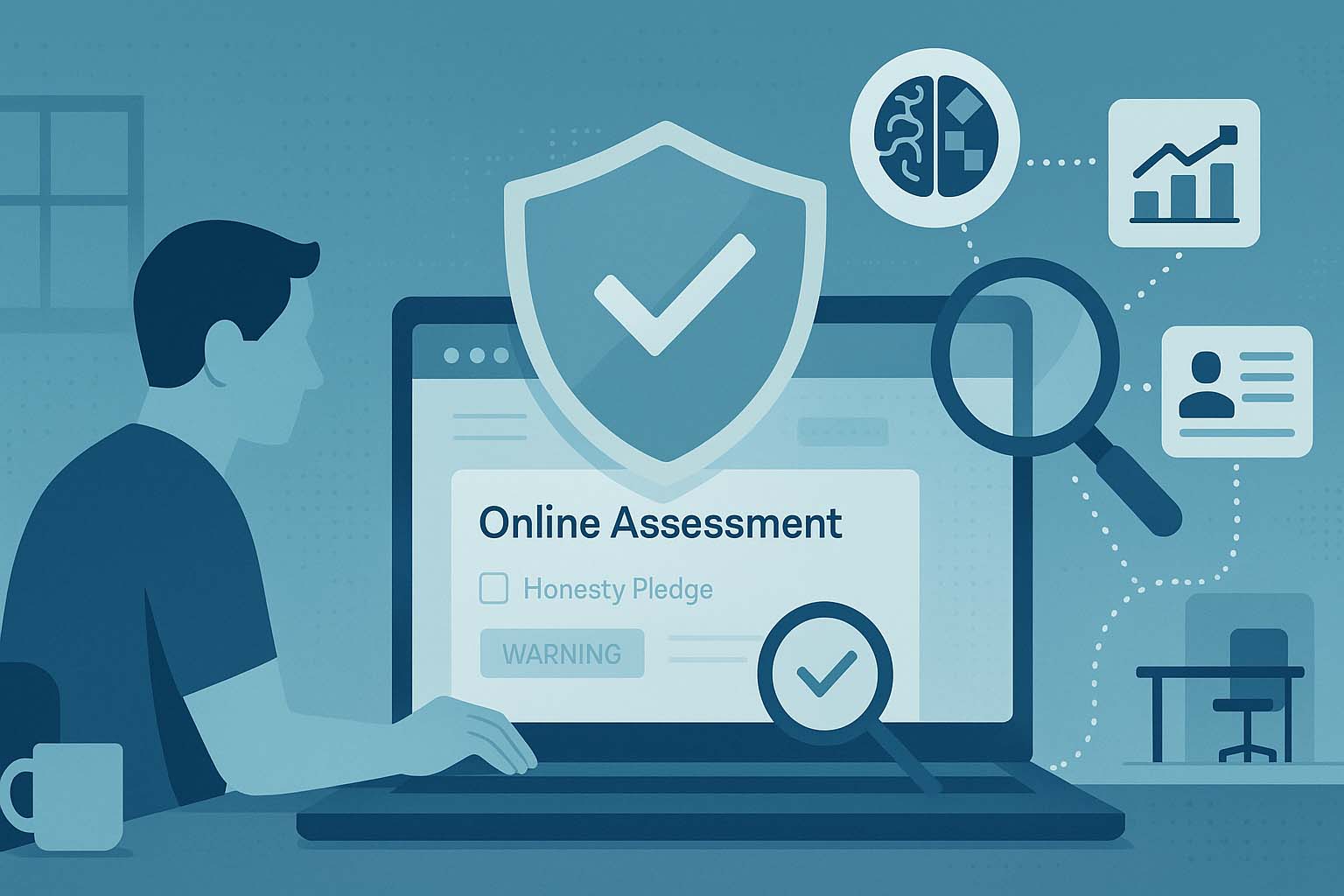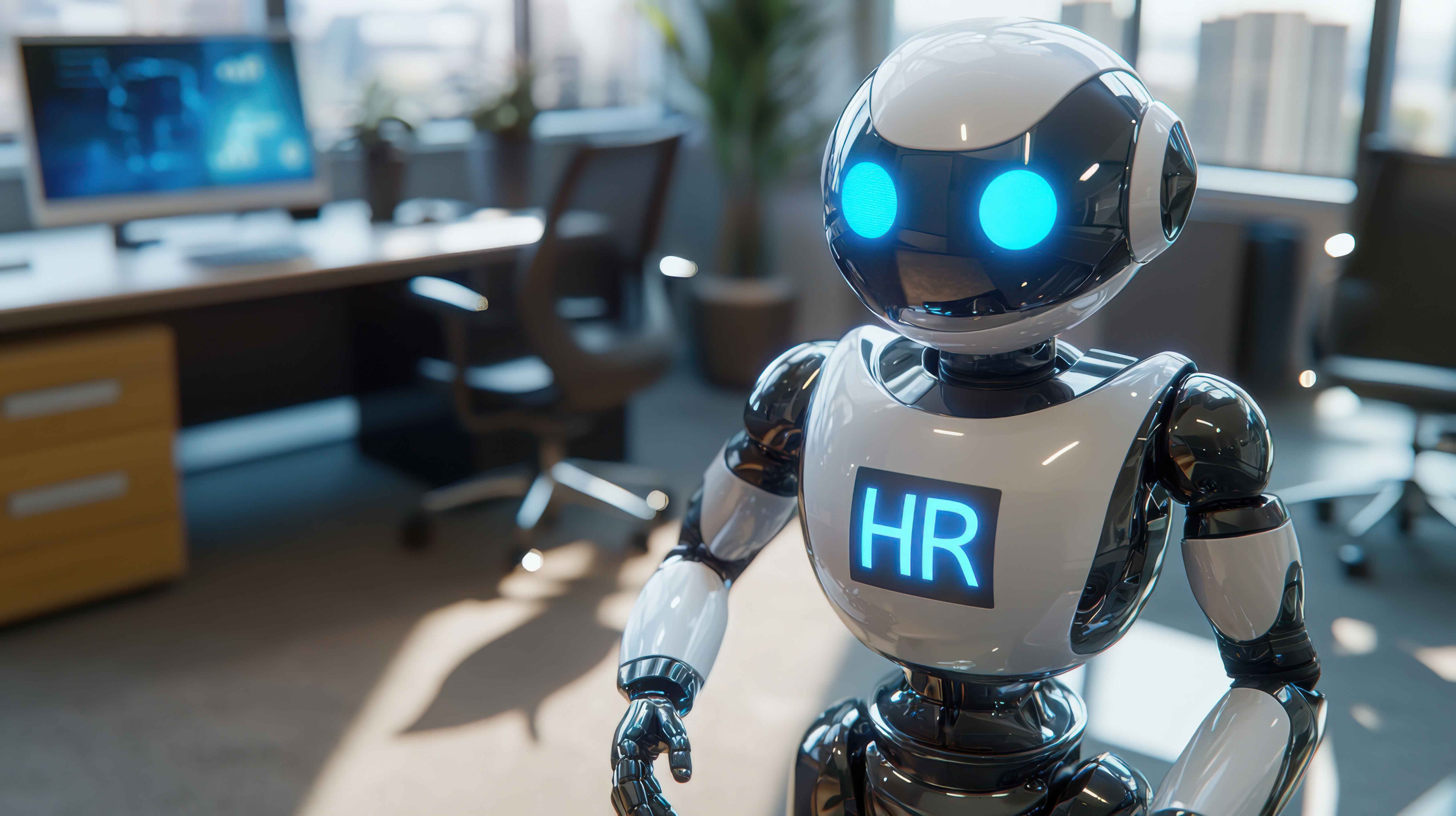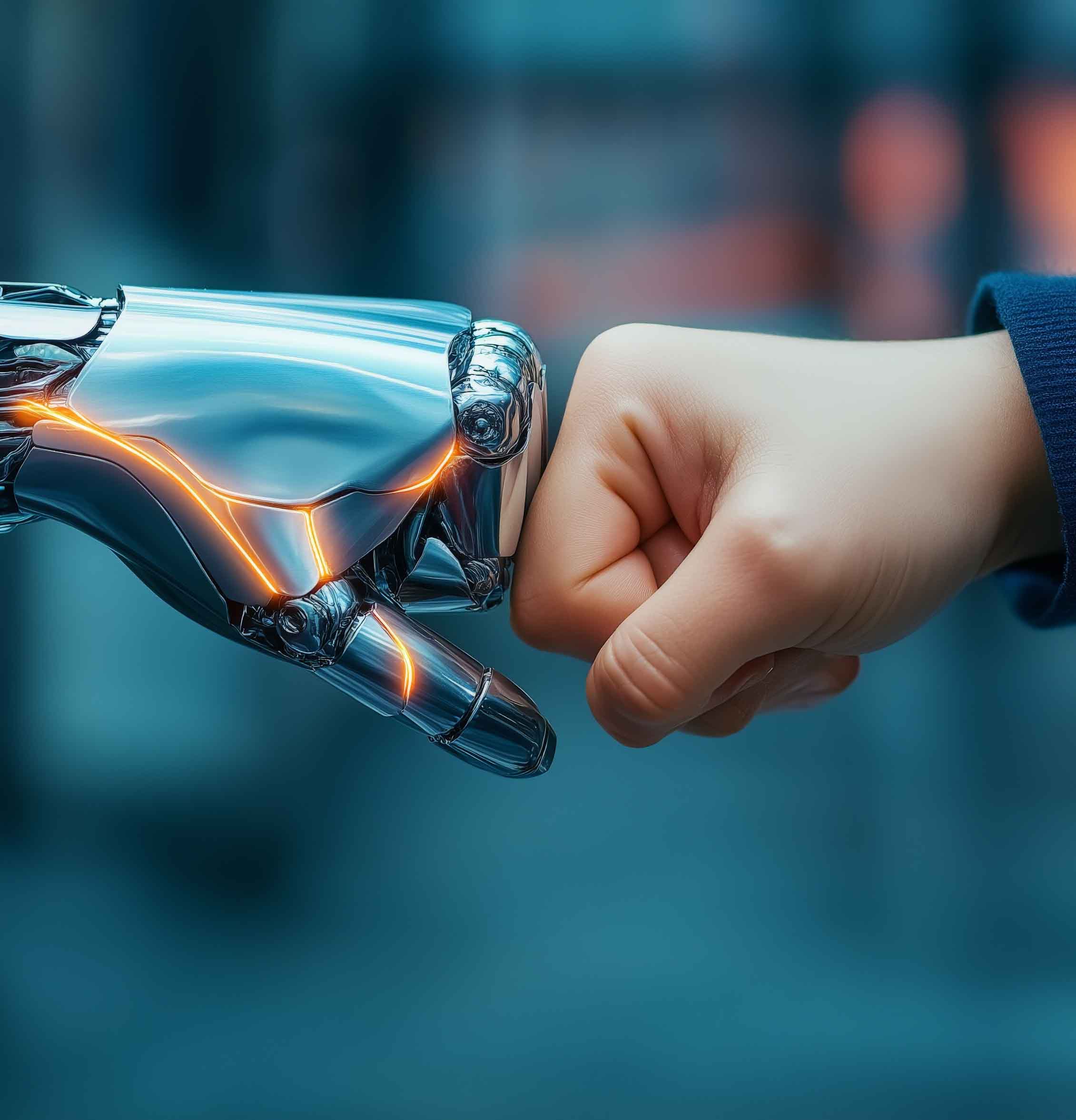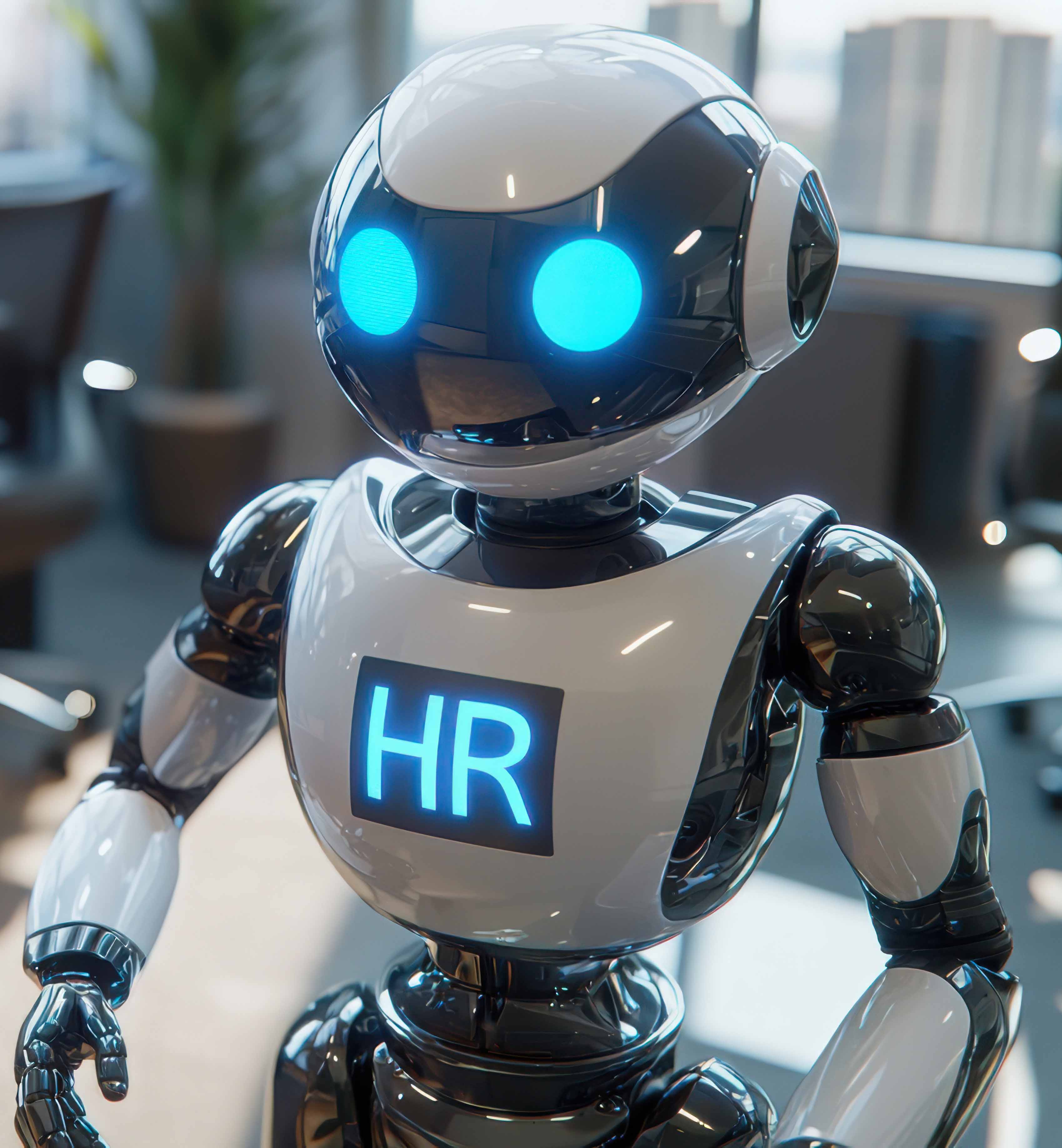AI-Powered Competency Management: Automating and Integrating Talent Strategy
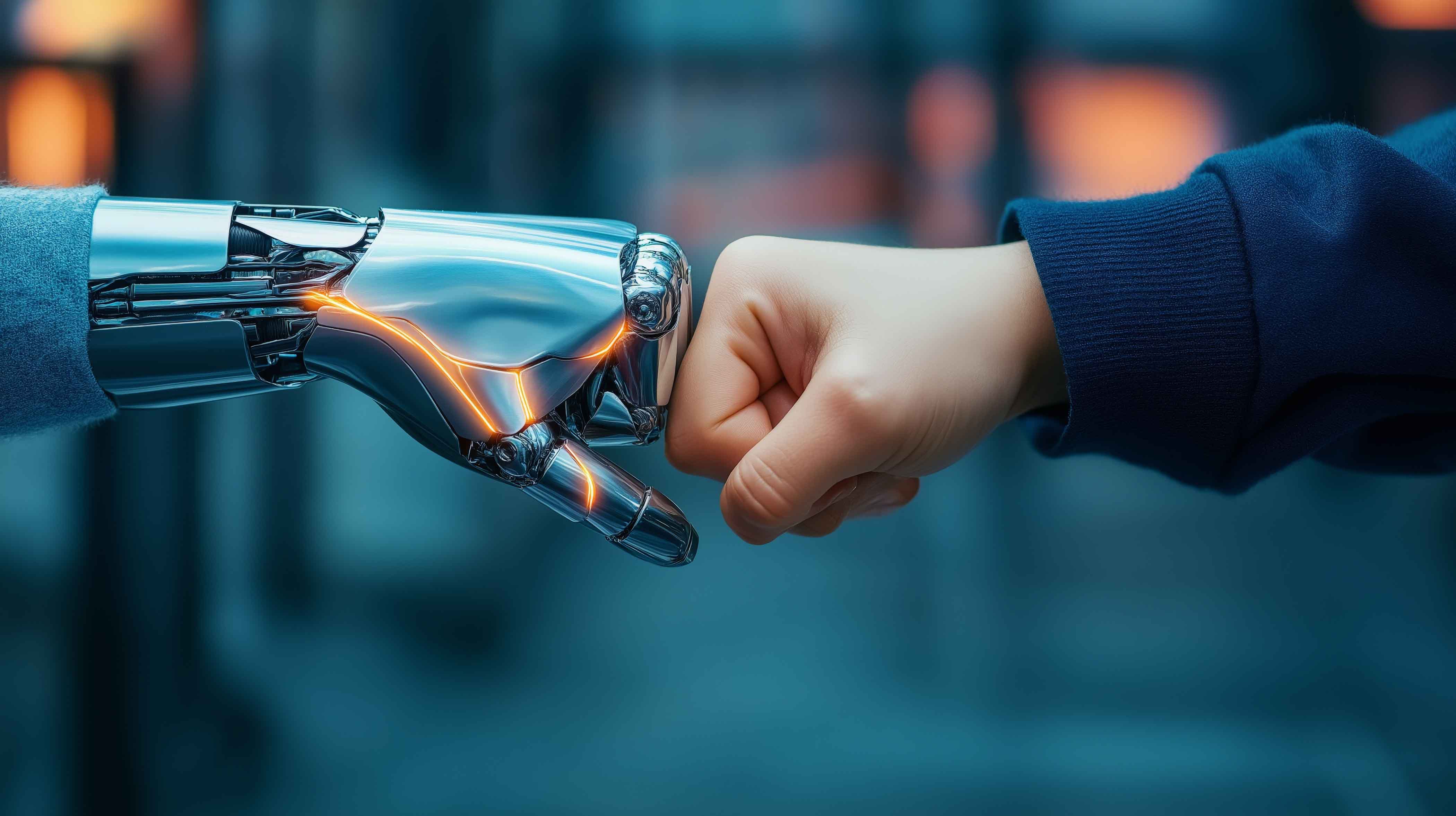
AI-Powered Competency Management: Automating and Integrating Talent Strategy
Traditional competency frameworks struggle to keep up with rapidly changing workforce demands. Manual updates are slow, resource-intensive, and often misaligned with business needs by the time they are implemented. AI-driven competency management eliminates these inefficiencies by continuously analyzing job data, market trends, and workforce performance, allowing organizations to maintain real-time alignment between competency frameworks and evolving job roles.
Key capabilities of AI-powered competency models include:
- Real-time skill tracking: AI continuously monitors changes in job roles, identifying new skills as they emerge in the market.
- Automated updates: AI-driven models dynamically adjust competency frameworks based on workforce analytics, ensuring alignment with business strategy.
- Natural language processing (NLP) for job data: AI scans job descriptions, industry reports, and employee performance data to detect shifts in required competencies.
- Predictive analytics for workforce planning: AI anticipates future skill gaps and recommends competency updates before they become critical issues.
Transforming Competency Modeling and Assessment
AI revolutionizes how competencies are built, updated, and applied. Instead of relying on static models that require periodic human intervention, AI dynamically adjusts competency frameworks based on workforce analytics, ensuring that organizations always have relevant, up-to-date models. Machine learning tracks emerging skills across industries and integrates them into job roles automatically, making it easier for HR teams to align hiring and training programs with future needs.
Beyond modeling, AI also transforms assessment methods. AI-generated interview guides and evaluation criteria ensure structured, competency-based hiring and development processes. These assessments evolve alongside competency frameworks, ensuring that they remain relevant as job expectations shift. Predictive analytics further enhance workforce planning by identifying potential skill gaps before they impact performance, allowing organizations to proactively address workforce needs rather than reactively trying to catch up.
How API integration enhances competency-based management:
- Dynamic job descriptions: Competencies are automatically updated in job descriptions within HR systems, ensuring alignment with evolving role expectations.
- Automated interview and assessment tools: AI-generated interview questions and assessment criteria are synced with applicant tracking systems to enhance hiring decisions.
- Learning and development recommendations: AI suggests personalized training plans based on evolving competency requirements, integrating with learning management systems (LMS).
- Performance management alignment: AI-driven performance reviews incorporate up-to-date competency frameworks, providing real-time insights into employee development needs.
Seamless Integration with HR Systems
For competency frameworks to be truly effective, they must be embedded directly into an organization's HR ecosystem. AI-driven models integrate seamlessly with enterprise HR platforms like Workday, SAP SuccessFactors, and Oracle Talent Cloud, enabling automated updates that keep job descriptions, learning plans, and performance evaluations aligned with real-world demands.
HR leaders no longer need to rely on periodic manual updates to competency models. AI ensures that as competencies evolve, they are reflected in job descriptions and assessment criteria in real-time. Applicant tracking and learning management systems can pull directly from AI-generated frameworks, reducing administrative burden while enhancing hiring and employee development. Performance reviews also become more dynamic, as AI-driven insights provide up-to-date evaluation criteria tailored to each role’s current competency requirements.
Ensuring Fairness and Accuracy with AI and Human Oversight
While AI accelerates and optimizes competency management, human expertise remains essential for accuracy, fairness, and legal defensibility. AI tools are designed to detect and mitigate bias in hiring, promotion, and assessment processes, but these outputs require validation by industrial-organizational psychologists and HR specialists. Regulatory compliance is another critical factor, as competency frameworks must align with employment laws and industry-specific requirements to ensure fairness and consistency across all talent management decisions.
AI’s ability to customize competency models to reflect an organization’s unique structure and industry benchmarks further strengthens its impact. Rather than relying on generic frameworks, AI tailors competency models to specific business needs, ensuring they remain relevant and actionable. This hybrid approach—where AI provides efficiency and adaptability while human oversight ensures precision and fairness—creates a competency management system that is both scalable and legally sound.
A More Agile, Data-Driven Talent Strategy
AI-powered competency management redefines how organizations build, assess, and integrate workforce competencies. By automating competency updates, embedding frameworks into HR systems, and ensuring human oversight, businesses gain the agility to adapt their talent strategies in real time. Organizations that embrace this approach will not only reduce costs and inefficiencies but also enhance their ability to identify top talent, close skill gaps, and future-proof their workforce planning. As AI continues to reshape the HR landscape, competency-based management will no longer be a static framework but a living, evolving system that drives business success.


